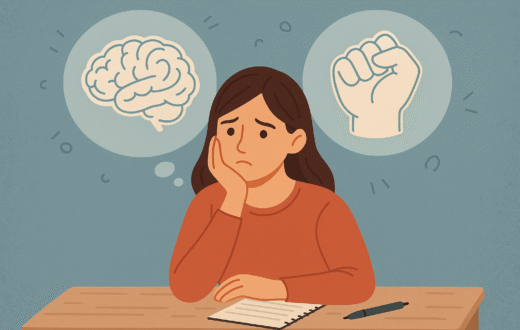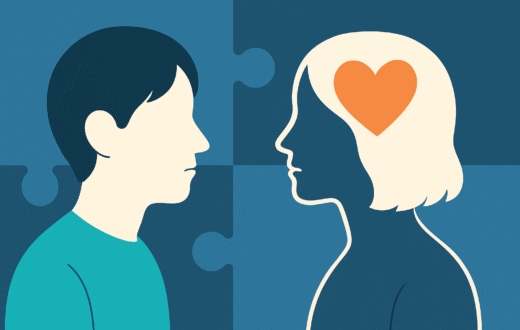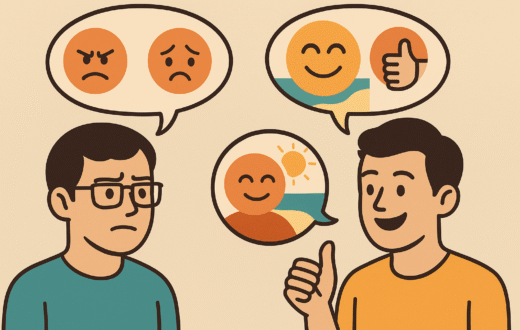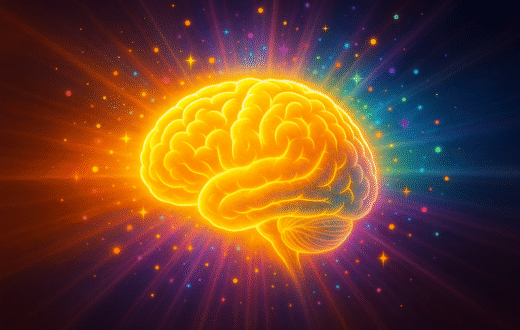Struggling With Sleep? You’re Not Alone & There’s a Proven Path Forward
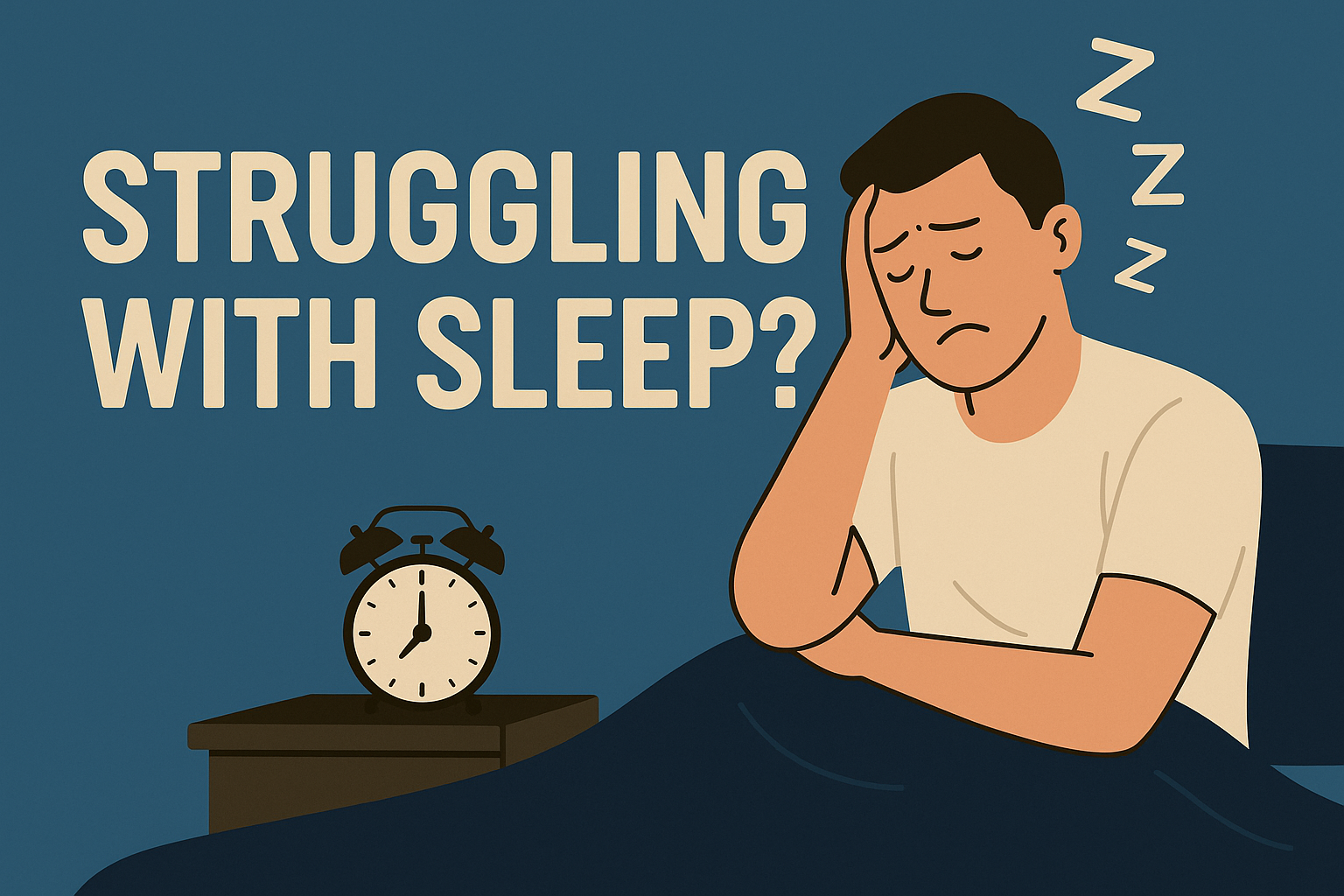
While occasional sleepless nights are common, persistent difficulties with sleep may signal chronic insomnia, a condition affecting approximately one in three adults. If you often struggle to fall asleep, stay asleep, or wake up feeling unrefreshed, it can impact your mood, energy levels, concentration, and overall health. The experience can be frustrating and isolating, but it doesn’t have to be permanent.
An effective, non-pharmacological treatment is available: Cognitive Behavioral Therapy for Insomnia (CBT-I). Research published in the journal BMC Family Practice suggests that CBT-I often yields more enduring results than sleep medications, and without the risk of side effects.
Understanding CBT-I
CBT-I is a structured, evidence-based approach to treating chronic insomnia by identifying and modifying the underlying thoughts and behaviors that interfere with sleep. Studies indicate that around 75% of individuals who complete CBT-I report significant, lasting improvements in their sleep quality.
What sets CBT-I apart is that it addresses the causes of insomnia rather than just the symptoms. Over time, many people develop unhelpful mental habits and disrupted routines around sleep. These include:
- Excessive worry about sleep loss
- Spending long hours in bed while awake
- Using phones or screens in bed
- Irregular sleep schedules
- Using the bed for activities other than sleep (e.g., working or watching TV)
- Consuming caffeine late in the day
- Relying on alcohol to induce sleep
- Trying to “force” sleep
- Associating the bed with stress or frustration
CBT-I helps retrain the mind and body to promote restorative, natural sleep, often in as few as five sessions.
How CBT-I Works
CBT-I combines several therapeutic techniques to promote healthier sleep patterns:
- Cognitive Restructuring: Identifying and replacing negative or irrational beliefs about sleep with realistic, supportive thoughts. This reduces the emotional burden tied to sleeplessness.
- Sleep Scheduling (Sleep Restriction): Developing a consistent and personalized sleep–wake schedule to align with your body’s natural rhythms and improve sleep efficiency.
- Stimulus Control: Strengthening the mental connection between your bed and sleep, while breaking the association with wakefulness or anxiety.
- Sleep Hygiene: Adopting lifestyle and environmental practices that support better sleep, including reducing screen time, avoiding stimulants, and creating a calming bedtime routine.
Real-Life Impact
One client, Sarah (name changed) came to therapy sleeping just 3–4 hours per night, spending hours scrolling on her phone and struggling with anxiety. A central thought driving her insomnia was: “If I don’t fall asleep right now, tomorrow will be a disaster.” CBT-I helped her reframe this belief into: “Even if tonight is difficult, I can still manage tomorrow.” Over time, with behavioral changes and cognitive tools, she began sleeping 6–7 hours, feeling more rested and in control.
Why CBT-I Works
CBT-I is not only short-term and practical, it’s also adaptable. It can stand alone or be integrated into treatment plans for anxiety, depression, or chronic medical conditions, where poor sleep can worsen symptoms. By addressing sleep early, CBT-I often improves overall treatment outcomes.
Every CBT-I plan is tailored to the individual, ensuring that techniques match your unique situation. The approach is structured, yet delivered with warmth, flexibility, and respect for your personal goals.
Better Sleep Is Achievable
With the support of CBT-I, restful sleep is not out of reach. You don’t have to continue facing your nights with dread. Effective, long-lasting change is possible without medication and often in just a few sessions.
